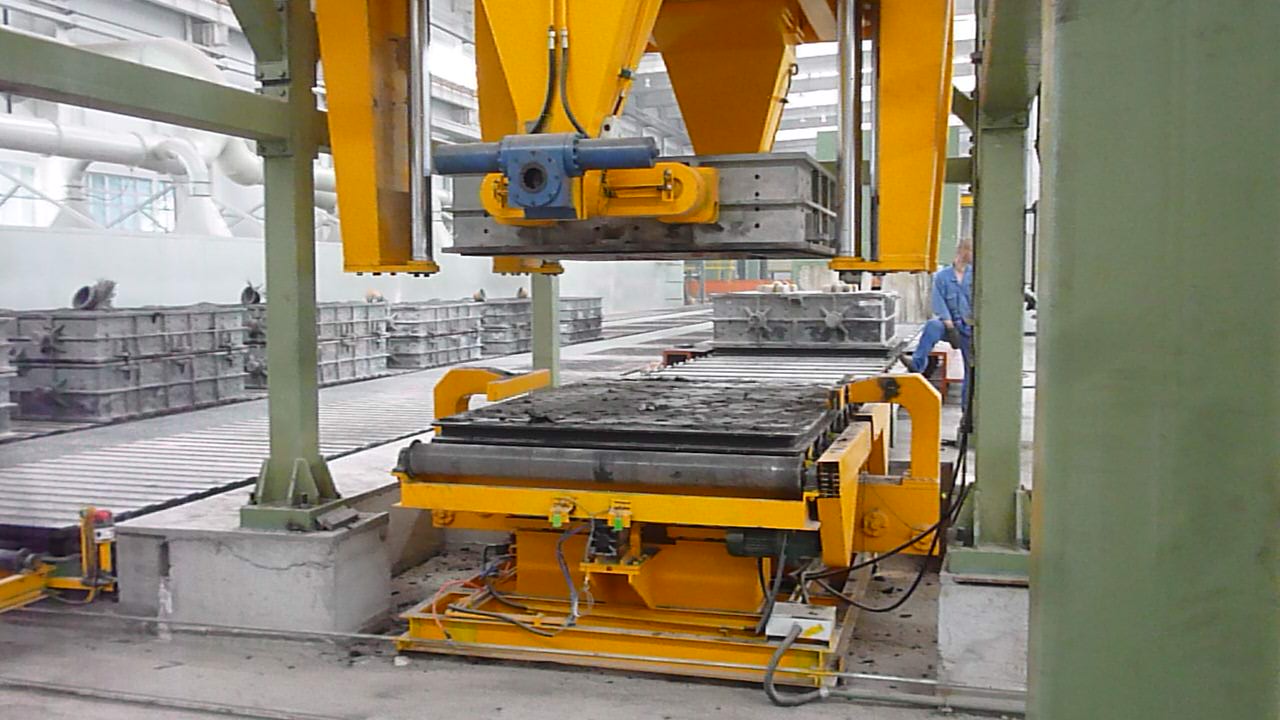- Afrikaans
- Albanian
- Amharic
- Arabic
- Armenian
- Azerbaijani
- Basque
- Belarusian
- Bengali
- Bosnian
- Bulgarian
- Catalan
- Cebuano
- China
- China (Taiwan)
- Corsican
- Croatian
- Czech
- Danish
- Dutch
- English
- Esperanto
- Estonian
- Finnish
- French
- Frisian
- Galician
- Georgian
- German
- Greek
- Gujarati
- Haitian Creole
- hausa
- hawaiian
- Hebrew
- Hindi
- Miao
- Hungarian
- Icelandic
- igbo
- Indonesian
- irish
- Italian
- Japanese
- Javanese
- Kannada
- kazakh
- Khmer
- Rwandese
- Korean
- Kurdish
- Kyrgyz
- Lao
- Latin
- Latvian
- Lithuanian
- Luxembourgish
- Macedonian
- Malgashi
- Malay
- Malayalam
- Maltese
- Maori
- Marathi
- Mongolian
- Myanmar
- Nepali
- Norwegian
- Norwegian
- Occitan
- Pashto
- Persian
- Polish
- Portuguese
- Punjabi
- Romanian
- Russian
- Samoan
- Scottish Gaelic
- Serbian
- Sesotho
- Shona
- Sindhi
- Sinhala
- Slovak
- Slovenian
- Somali
- Spanish
- Sundanese
- Swahili
- Swedish
- Tagalog
- Tajik
- Tamil
- Tatar
- Telugu
- Thai
- Turkish
- Turkmen
- Ukrainian
- Urdu
- Uighur
- Uzbek
- Vietnamese
- Welsh
- Bantu
- Yiddish
- Yoruba
- Zulu
Nov . 28, 2024 11:19 Back to list
Understanding and Improving Efficiency in Industrial Boiler Operations
Understanding Industrial Boiler Efficiency
Industrial boilers play a crucial role in various sectors, including manufacturing, food processing, and energy generation. As the backbone of steam production, their efficiency directly impacts operational costs and environmental sustainability. Therefore, understanding industrial boiler efficiency is essential for industries striving to optimize performance while minimizing environmental footprints.
Boiler efficiency is defined as the ratio of useful energy output to the energy input. It reflects how effectively a boiler converts fuel into steam or hot water. Several factors contribute to a boiler's efficiency, including design, fuel type, operating conditions, and maintenance practices.
Types of Boiler Efficiency
There are typically two key measures of boiler efficiency thermal efficiency and combustion efficiency. Thermal efficiency refers to the efficiency of converting the energy in the fuel into heat energy in the steam or hot water. In contrast, combustion efficiency measures how effectively a boiler burns fuel. High combustion efficiency indicates minimal unburnt fuel and pollutants, leading to better overall energy use.
Factors Influencing Efficiency
1. Fuel Type The type of fuel used can significantly affect efficiency. Traditional fuels like coal and natural gas may have different heating values, influencing how well a boiler operates. Alternative fuels, such as biomass or waste oils, can also be utilized; however, they may require modifications to the boiler system for optimal performance.
2. Heat Losses A significant percentage of the energy in a boiler system is lost through flue gases, radiation, and convection. Insulating the boiler and associated piping can help reduce these losses, while advanced controls can optimize operating conditions to reduce heat waste.
3. Boiler Design Modern boiler designs often incorporate features like economizers and superheaters. Economizers reclaim heat from flue gases for preheating water, thereby enhancing efficiency. Superheaters increase the steam temperature to generate more energy from the same amount of fuel.
industrial boiler efficiency

4. Operational Practices Regular maintenance, including cleaning burners and inspecting the heat exchange surfaces, is vital to ensuring efficient boiler operation. It is also crucial to monitor the controls and settings of the boiler to adapt to various load conditions, maximizing efficiency throughout its operational range.
5. Control Systems Advanced control systems enable real-time monitoring and adjustments based on operational needs, optimizing the balance between fuel consumption and steam production. Implementing automation can significantly enhance boiler efficiency by responding to changes in demand more effectively than manual adjustments.
Measuring Efficiency
To accurately measure boiler efficiency, industry standards such as the American Society of Mechanical Engineers (ASME) and the International Organization for Standardization (ISO) provide guidelines. Regular performance testing and monitoring are recommended to obtain comprehensive data on operational performance, helping identify areas for improvement.
Environmental Impacts
Improving industrial boiler efficiency is not only economical but also contributes to environmental sustainability. Efficient boilers require less fuel, leading to lower emissions of greenhouse gases and pollutants. This is increasingly important as industries face stringent regulations regarding emissions and strive for corporate social responsibility.
Conclusion
In conclusion, understanding and improving industrial boiler efficiency is vital for reducing operational costs and environmental impact. By focusing on efficient design, proper fuel selection, rigorous maintenance, and advanced control systems, industries can enhance their boiler performance. As global demand for energy continues to rise, optimizing industrial boilers will be crucial for achieving sustainability and operational efficiency in the long term. This ongoing commitment can lead to significant economic benefits and contribute positively to the environment.
-
Premium Cast Iron Water Main Pipe: Durable, Corrosion-Resistant
NewsAug.03,2025
-
Durable Cast Iron Water Mains | AI-Optimized Systems
NewsAug.02,2025
-
High-Efficiency Propane Boiler for Baseboard Heat | Save Energy
NewsAug.01,2025
-
Premium Source Suppliers for Various Gray Iron Castings
NewsJul.31,2025
-
Durable Cast Iron Water Main Pipes | Long-Lasting
NewsJul.31,2025
-
High-Quality Cast Iron Water Main Pipe for Durable Infrastructure
NewsJul.30,2025


